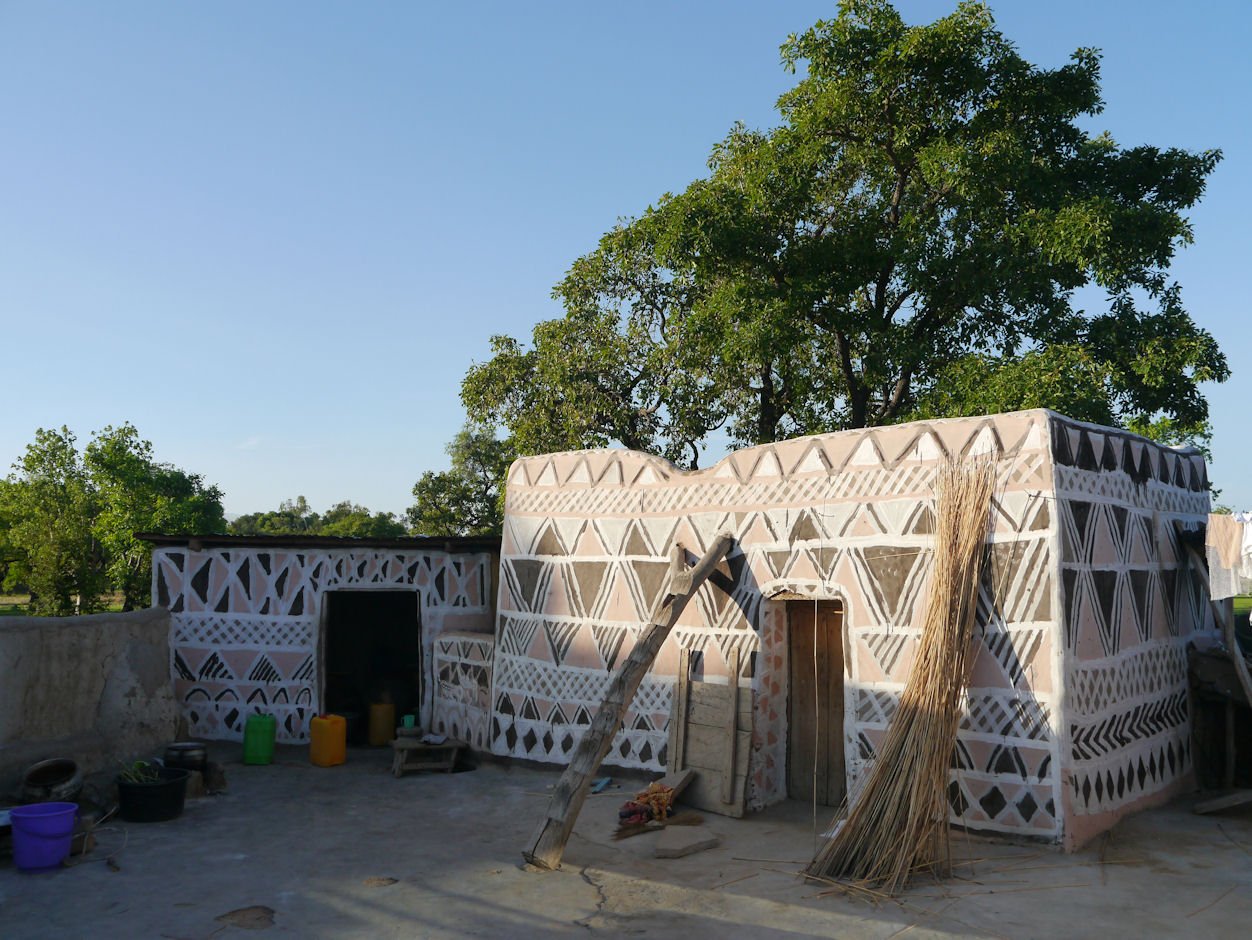Kasem, also known as Kassem or Kassena, is a Gur language spoken primarily in the Upper East Region of Ghana. It belongs to the Niger-Congo language family and is specifically classified as a member of the Gurunsi branch.
Kasem is the language of the Kasena people, who are primarily subsistence farmers and live in the northern part of Ghana, as well as in parts of Burkina Faso. It is estimated that there are around 300,000 speakers of Kasem.
The Kasem language is known for its unique grammatical features and cultural significance.
Like other Gur languages, Kasem is a tonal language, which means that the pitch or tone of a word can change its meaning. It has two primary tones: high and low. Tonal distinctions are essential for conveying different words and grammatical nuances in Kasem.
Kasem has a rich system of noun classes, also known as noun genders. Nouns in Kasem are classified into different classes based on their characteristics, and agreement markers are used to indicate the agreement between nouns, pronouns, and modifiers. This feature adds complexity to the language but also contributes to its expressive power.
Kasem is used for everyday communication within Kasena communities, and it plays a significant role in preserving the cultural identity and heritage of the Kasena people. The language is also an important marker of ethnic identity and is used in traditional ceremonies, rituals, and oral literature.
However, like many indigenous languages, Kasem faces challenges in terms of language endangerment. The influence of dominant languages such as English and the pressures of globalization have contributed to a decline in the use of Kasem among younger generations.
Efforts are being made to promote and preserve Kasem through language revitalization programs, education initiatives, and cultural activities. These efforts aim to strengthen the use of Kasem within the community and ensure its survival for future generations.
Kasem is a fascinating language with its own unique linguistic features and cultural significance. It reflects the rich heritage of the Kasena people and their deep connection to the land, traditions, and history of the region. The preservation and promotion of Kasem are crucial for maintaining linguistic diversity and cultural heritage in Ghana and Burkina Faso.
What's Your Reaction?
Kerzia Sedinam Anani is a young Journalist and Blogger. I love writing stories, poems, articles, music reviews, relationship stuff, and spicy celebrity gossips.












